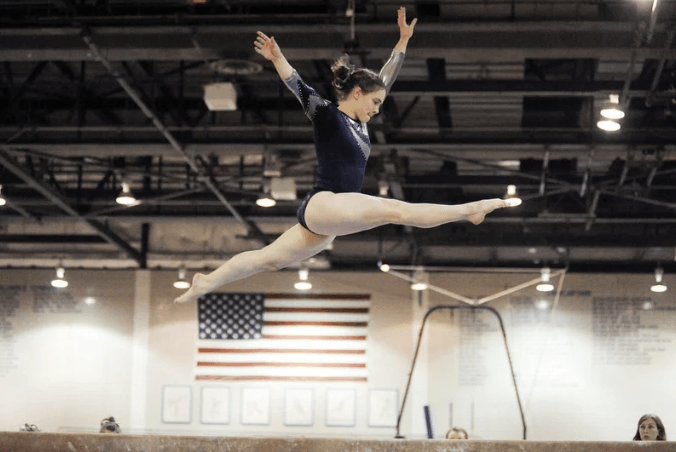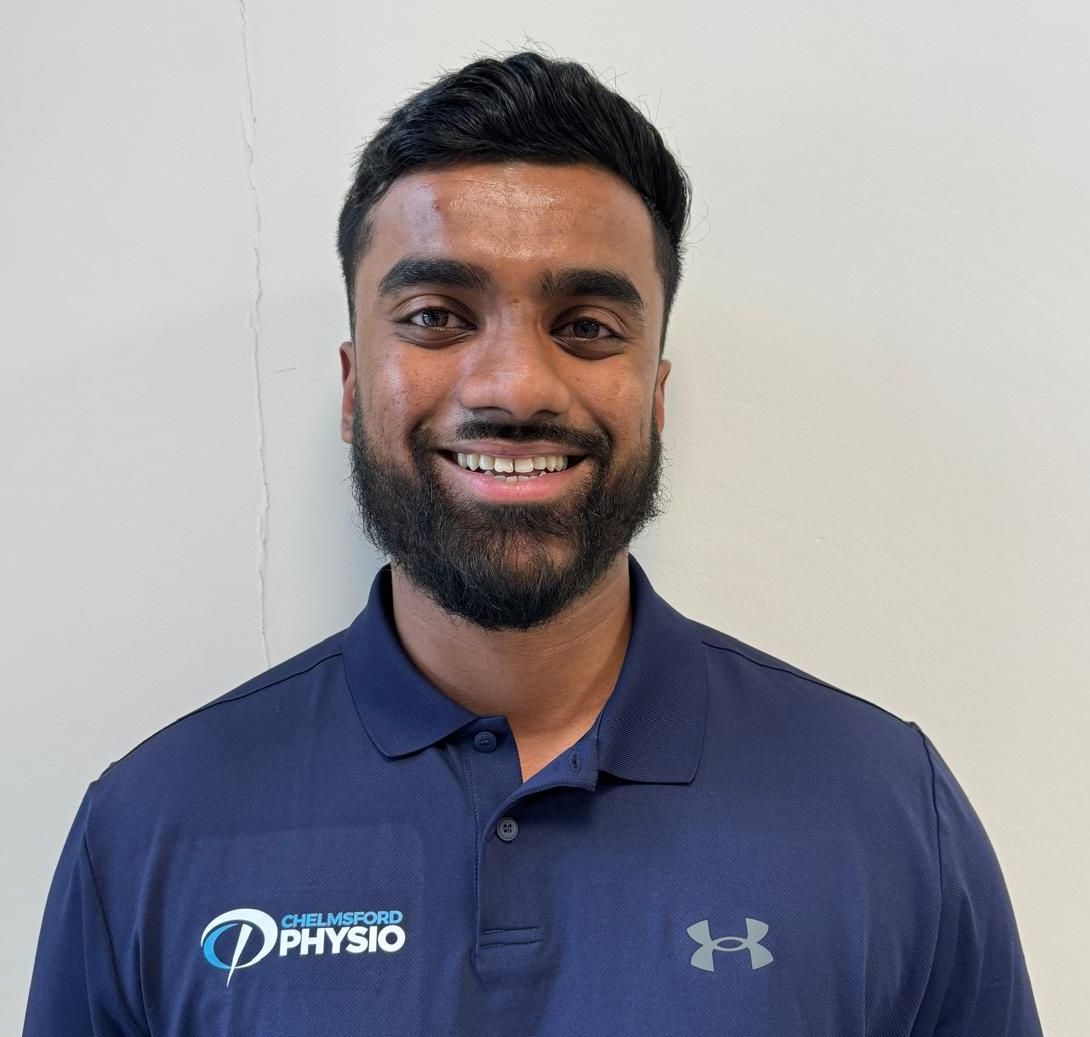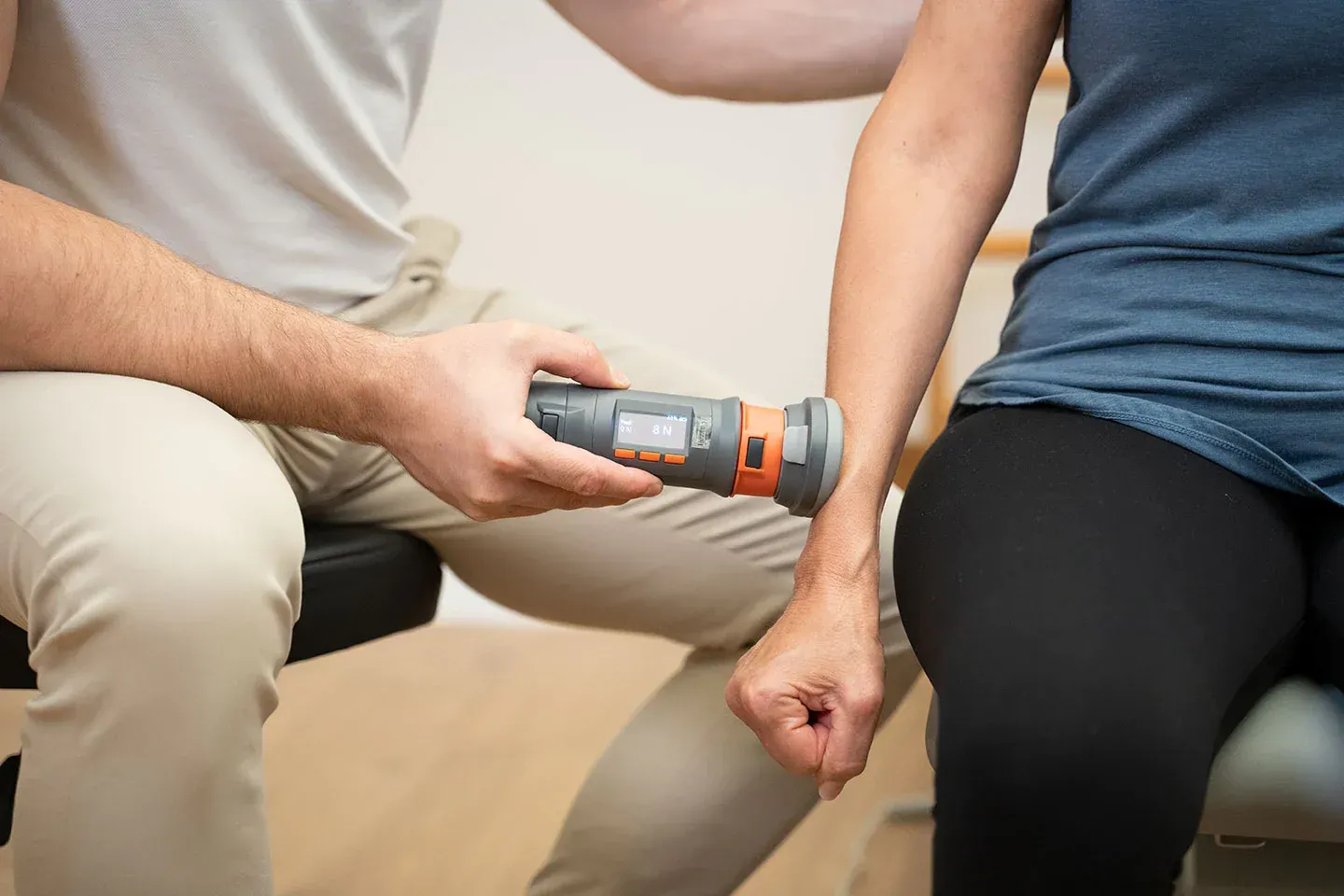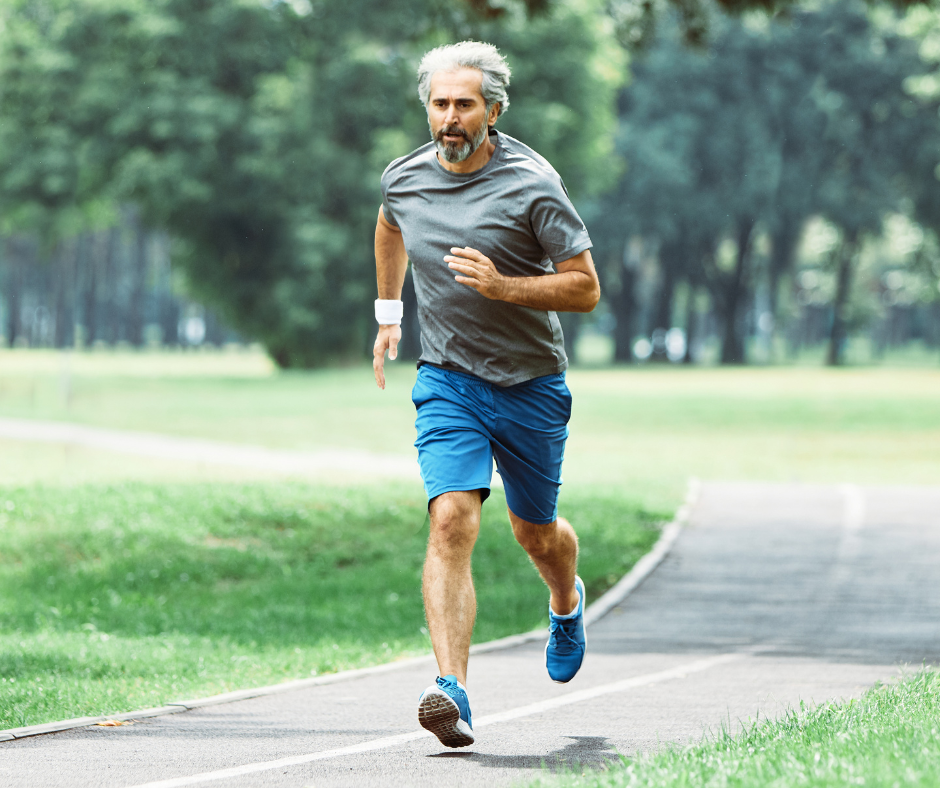What is Hypermobility Syndrome ( HMS ) & How Can Physio Help?

What is Hypermobility Syndrome (HMS)?
Being hypermobile means some or all of your joints have an unusually large range of movement. This means you can move your limbs into positions that others can’t. This is due to the genetic differences in the flexibility or ‘stretchiness’ of the connective tissue in our bodies (ligaments, tendons, muscle, skin).
HMS can sometimes be confused with being called ‘double-jointed’. If you are generally more flexible or have a special party-trick it doesn’t necessarily mean that you have HMS. It is suggested that 10-30% of adults have some form of hypermobility with only 4-15% of people having Hypermobility Syndrome.
Is This Bad?
No! Most often people don’t even realise their joints are more mobile than others. However it can occasionally cause symptoms such as pain, recurrent strains and sprains, joint dislocations, reduced balance and co-ordination. Don’t forget being extra mobile in some joints doesn’t mean you have HMS.
Hypermobility Syndromes exist on a spectrum, with some specific types being more severe than others. Conditions that can cause hypermobility such as Ehlers-Danlos Syndrome and Marfan Syndrome.
How Do We Assess For Hypermobility?
Amongst other questions and assessments there are two classification systems that can be used. They don’t necessarily mean you have HMS but they can provide a clue!
Beighton Score – out of 9 one point for each
- Bend right little finger back past 90 degrees.
- Bend left little finger back past 90 degrees.
- Bending right thumb so it touches your forearm.
- Bending left thumb so it touches your forearm.
- Straightening right elbow beyond straight.
- Straightening left elbow beyond straight.
- Touching the floor with flat palms.
- Lying flat leg keep your straight knee touching the floor can you lifting heel off.
- Lying flat leg keep your straight left touching the floor can you lifting heel off.
Brighton Criteria – Major and minor symptoms
Major – Beighton score of 4+; joint pain 3 months; in more than 4 joints
Minor – Beighton score of 3 or less; joint pain less than 3 months; dislocation or slipping out of joint (subluxation); soft tissue injuries like tendon problems; stretchy skin.
If you have two major, one major and one minor or 4 minor you are likely to have HMS.
What is best: Stretch, Strengthen, or Stabilise?
The answer is all of the above, however, stabilisation will benefit the body more thoroughly for functional activities. One of the backbone treatment techniques used in Functional Manual Therapy that works marvellously for people with HMS is Proprioceptive Neuromuscular Facilitation (PNF.) PNF is the most efficient way to tap into the body’s natural stabilisation system of tonic muscle fibres. Research suggests most people in general do well with consistent physical activity.
This cannot be more true for those with HMS. Inactivity often triggers symptoms, therefore a regimen of physical therapy is indicated to guide a person back to regular exercise. This is especially true for anyone who wants to participate in sports. An active lifestyle can stave off much of the complaints of hypermobility due to the stabilisation required to complete the skills required in sport. It is smart to train specifically for any activity and having a physical therapist who understands your specific needs is key.
Are There Any Benefits From Extra Joint Movements?
Yes! Having additional movement at certain joints can help you to throw a ball further or stretch more. This is helpful in sports such as cricket and gymnastics and sportspeople who can control their joints and body are able to perform amazing movements and skills that other couldn’t dream of. In our clinic we particular see a large number of gymnasts due to my close links with the British Gymnastics and for these athletes this is a massive benefit to their athletic ability in most cases.
Think You Could Have Hypermobility?
Don’t worry or panic, come and see us at Chelmsford Physio and we can guide your physio to help you excel and manage any negative symptoms.
So long as we don’t expect a specific medical condition requiring further medical assessment, we can help you to manage your symptoms with advice on lifestyle, activity and essential rehabilitation exercises. As mentioned above, having hypermobility and being able to control your body can be a huge advantage in sport! And with the right training programme hypermobile people can achieve truly remarkable feats!
Chelmsford Physio
Riverside Leisure Centre, Victoria Rd, Chelmsford CM1 1FG



